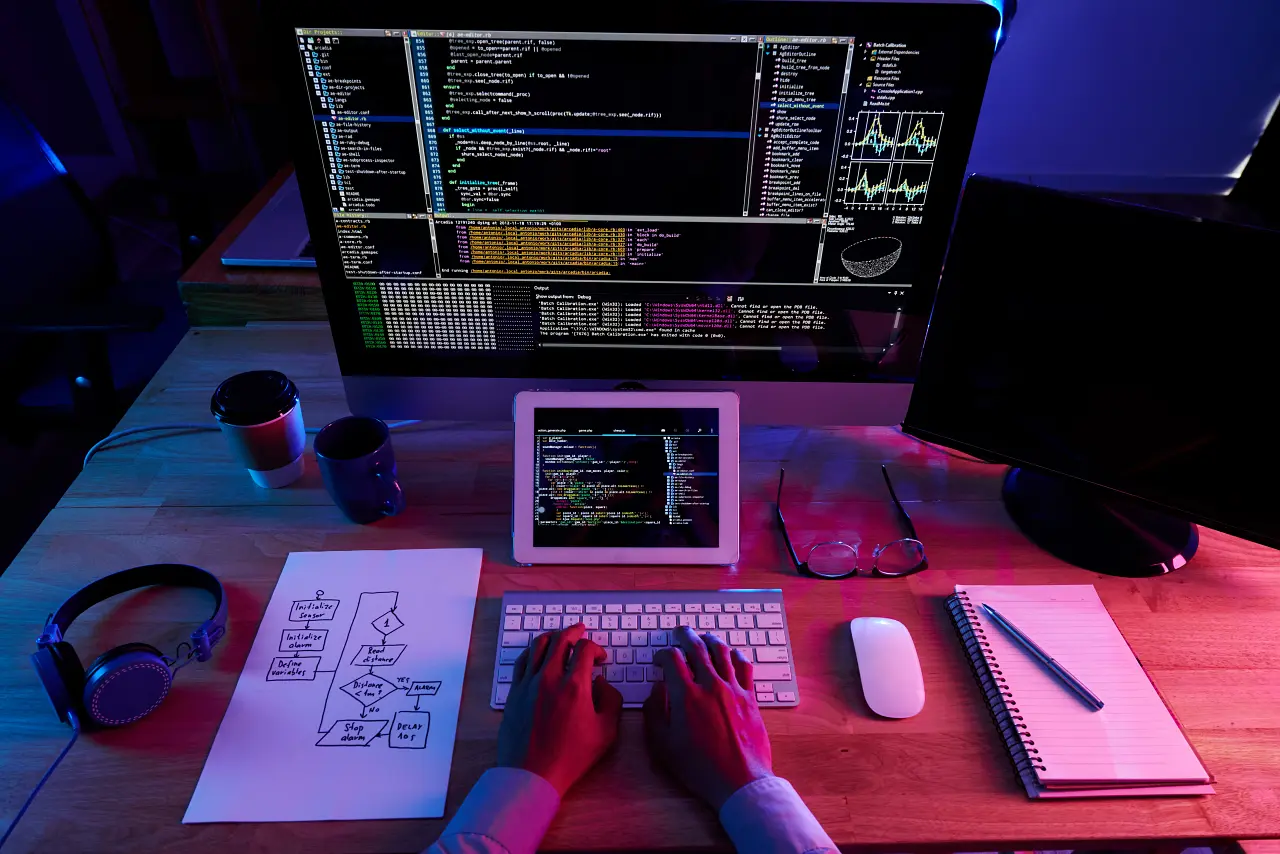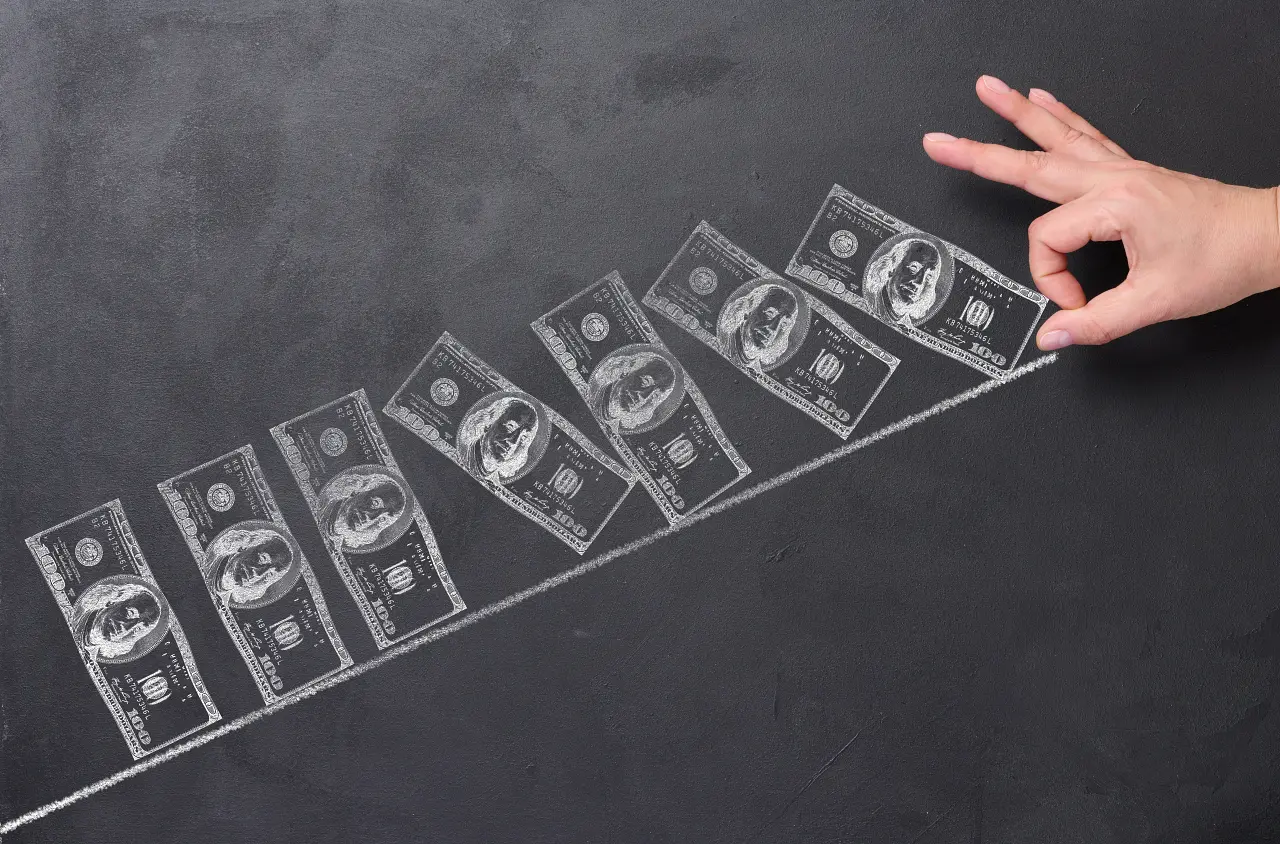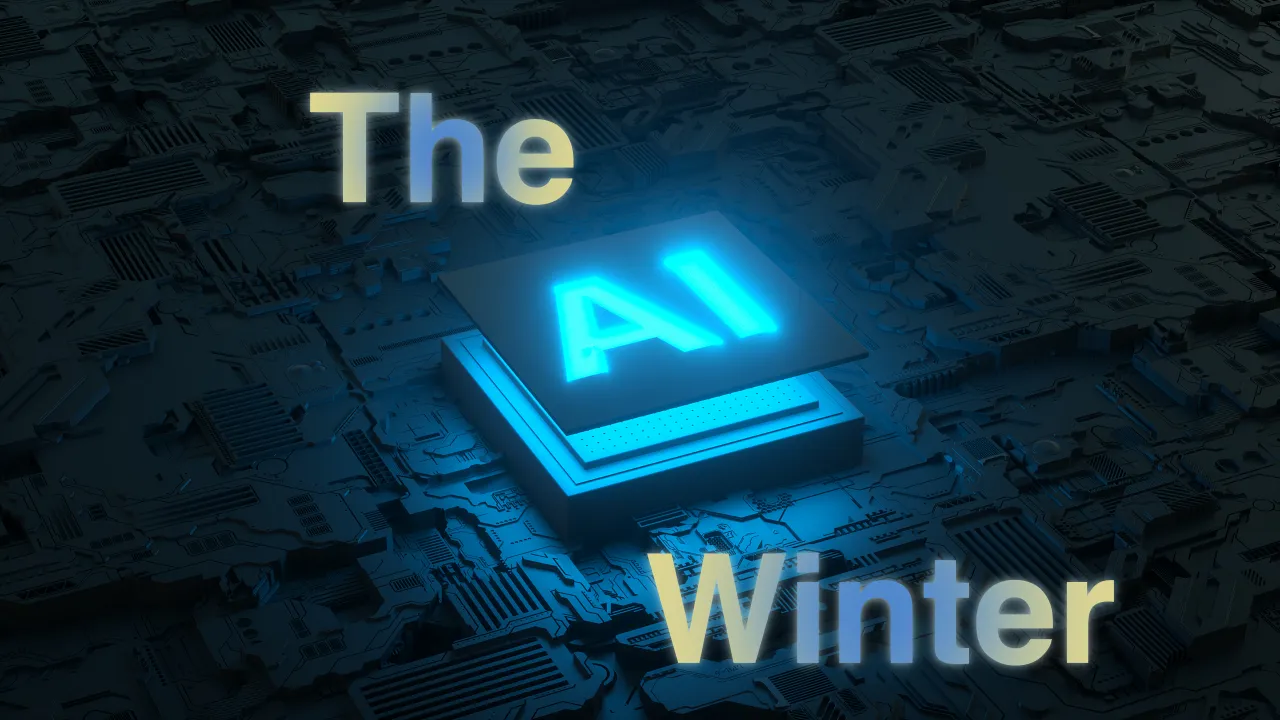· Software Engineering · 5 min read
How to Become a Better Programmer
Programming is a skill that can be learned and improved over time. It's not just about writing code but also about understanding how to solve problems and think logically.

I wrote my first program when I was 12. It was a simple guessing game, and to be honest, it was terrible code. But I loved it. I’ve been programming ever since, and along the way, I’ve learned a lot — mostly through trial and error. If you’re looking to become a better programmer, here are some lessons I’ve picked up over the years.
Write Code Every Day
The best way to improve at programming is to practice regularly. Just like learning to play an instrument or a sport, programming requires hands-on experience. Write code every day, even if it’s something small.
When I was starting out, I tried to make something way too complicated and failed miserably. Then I realized it’s better to start small. Focus on projects that you can finish in a day or two. Try creating projects like:
- A to-do list app.
- A simple calculator.
- A game like Tic-Tac-Toe.
The goal isn’t to make perfect projects but to practice and learn as you go.
It’s Okay to Be Bad at First
When I started, my code was messy. I didn’t know the best practices, and my programs broke all the time. Guess what? That’s completely normal. Nobody writes perfect code when they’re learning. The important thing is to keep going and improve with each project.
Understand the Basics
Before jumping into complex frameworks or tools, make sure you have a solid understanding of the basics. These include:
- Variables: How to store data.
- Loops: How to repeat actions.
- Functions: How to organize and reuse code.
- Data Structures: Like arrays, lists, dictionaries and classes.
A strong foundation will make learning advanced topics much easier later.
Learn to Debug Your Code
Debugging is an essential skill for every programmer. Bugs (mistakes in code) are common, and learning how to fix them is part of the job. When your code doesn’t work:
- Read the error messages carefully. They often give clues.
- Use print statements or a debugger to see what’s happening in your code step by step.
- Stay calm and patient. It’s okay to make mistakes — they’re how you learn.
Work on Real Projects
Real-world projects are one of the best ways to grow as a programmer. They teach you how to think critically and solve problems. Start with small, manageable projects and gradually take on bigger challenges. Some ideas include:
- Building a personal portfolio website.
- Creating a weather app that uses live data.
- Automating simple tasks, like organizing files on your computer.
Read and Understand Other People’s Code
Studying other people’s code can give you new insights and ideas. It also shows you different ways to write and organize programs. You can start by:
- Browsing open-source projects on GitHub.
- Reading code examples from tutorials or books.
- Asking experienced programmers to share their work.
When reading code, ask yourself:
- What is this code doing?
- Why did the programmer solve the problem this way?
- How can I apply these techniques in my own work?
Master Problem-Solving
Programming is about solving problems, not just writing code. Here’ a real story. One time, a g asked me if I could still work if I broke my fingers. I couldn’t help but laugh. Programming isn’t just about typing code! In fact, about 90% of my time is spent thinking through problems and figuring out solutions. The actual typing? That’s the easy part — it’s only the final step.
Good programmers break big problems into smaller, easier tasks. For example, if you’re building a chat app:
- Start with one feature, like sending messages.
- Then add another feature, like showing a list of contacts.
- Test and improve each feature as you go.
- Focus on understanding the problem first, then think about how to solve it step by step.
Keep Learning and Exploring
The world of programming is always changing, with new tools, languages, and techniques being introduced regularly. Stay curious and make time to learn:
- Relatively new programming languages, like Swift, Go or Rust.
- Useful frameworks, like React, Vue or Svelte for web development.
- Tools that make your work easier, like Git for version control.
- Take it one step at a time. Master one thing before moving to the next.
Work with Other Programmers
Programming doesn’t have to be a solo activity. Working with others helps you learn faster and see new perspectives. You can:
- Join a local coding group or community.
- Participate in hackathons or online coding challenges.
- Pair-program with a friend or mentor.
Collaboration also teaches you how to explain your ideas clearly, which is an important skill in any job.
Stay Organized and Document Your Work
Good programmers write code that is easy to read and maintain. You can do this by:
- Using meaningful names for your variables and functions.
- Writing comments to explain tricky parts of your code.
- Keeping your code clean and simple.
Also, document your projects, especially if you’re working in a team or want to share your work with others.
Take Breaks and Be Patient
Programming can be challenging, and it’s normal to feel stuck sometimes. Taking breaks can help you come back with fresh ideas. If you’re struggling with a problem:
- Step away for a few minutes.
- Do something relaxing, like taking a walk or listening to music.
- Come back later with a clear mind.
Progress takes time, so be patient with yourself. Even expert programmers started as beginners.
Final Thoughts
Becoming a better programmer isn’t about being perfect. It’s about learning, practicing, and growing step by step. Focus on improving a little each day, and don’t be afraid to make mistakes — they’re a natural part of the process. Keep coding, stay curious, and enjoy the journey.



